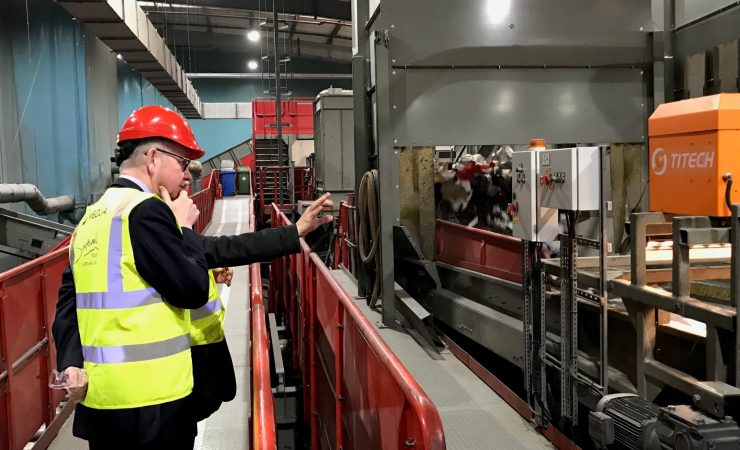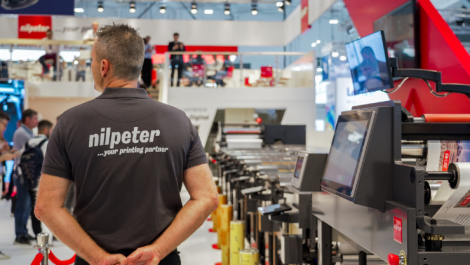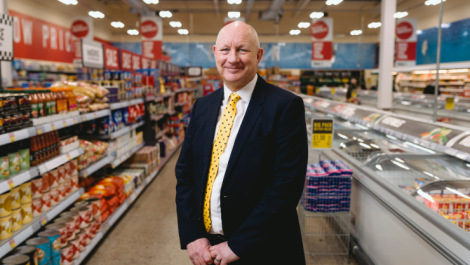The new resources and waste strategy published by the Department of Environment, Food and Rural Affairs (DEFRA), shows that cost of meeting packaging recycling targets will be paid for by packaging producers.
Converters could be hit hard in packaging reforms planned by DEFRA, as Michael Gove advocates invoking the principle of ‘making the polluter pay’. The Government will extend producer responsibility for packaging, which means that producers will pay the full costs of disposal for packaging they place on the market.
The strategy states that a consultation to reform the packaging waste regulations will be launched shortly with the intention to legislate by 2021, and to have reforms operational by 2023. The reformed system will aim to match or exceed the revised packaging recycling targets set by the EU for 2025 and 2030.
Within the current system, producers of packaging (raw material manufacturers, converters, pack-fillers, sellers and importers) are obligated to meet a share of the annual recycling targets. Producers, usually through compliance schemes, purchase packaging waste recovery notes (PRNs) from accredited reprocessors (or packaging waste export recovery notes, PERNs, from accredited exporters), as evidence that they have met their obligations.
In the current system, however, less than a tenth of the costs of managing household packaging waste are covered by producers. These reforms will change this with the full net costs being covered.
According to the strategy, the reforms to packaging waste regulations will incentivise the reduction of unnecessary and difficult to recycle packaging, the production of packaging that can be recycled, and the recycling of packaging back into the same or similar products.
However, it is the producers who will fund the management of packaging at the end of its life. Subject to consultation, this may include; collection, recycling, disposal, reduction of littering and fly-tipping, communications, data collection and reporting, compliance monitoring and enforcement.
There will also be mandatory labelling on packaging and improved communications which again is to be funded by producers. This forms part of another arm of DEFRA’s strategy, which is to better inform consumers. At present the UK uses the EU Ecolabel scheme but there is low take-up and few consumers recognise it. Meanwhile, private sector ecolabels have emerged that cover a range of aspects around environmental sustainability.
Paola Salcedo Largaespada, communications officer at DEFRA, said, ‘The definition of producer will vary depending on the EPR scheme and how it is implemented, but we expect all relevant parties will inevitably end up contributing in some way, as costs are passed up the supply chain. With regard to packaging, the specifics on definition of producer will form part of the packaging reform consultation, due to be published soon.
‘Producers will pay a fee related to the type and tonnage of materials they place on the market. Funds will flow to Local Authorities to meet their costs. We will launch our consultation in the New Year, and are considering a range of models – for example ‘on the go’ and ‘all in’.
‘We want to accelerate greater consistency in the materials collected for recycling across England. This will make it easier for households to recycle and reduce confusion over what is and is not collected locally. We will also consult on measures to increase recycling from businesses, public organisations and other establishments. We want to use money raised through EPR to support better waste collection infrastructure, better reprocessing capabilities, to tackle litter and fly-tipping, among other environmental goals. Through all of this, we want to support local authorities to ensure they are not disadvantaged by any new measures. We will launch our consultations on Extended Producer Responsibility in the New Year.’
A statement from EFIA said, ‘Any action on how we address our waste situation in the UK is a vital step forward and we welcome this ambitious strategy. Fundamentally, while the strategy offers vital opportunity to make largescale change, it also demands improved collaboration between all of those involved in the production, management and disposal of waste to yield any change. At EFIA we believe the way forward is for the key stakeholders – government, NGOs, industry and consumers – to focus on education, collaboration and innovation.’






